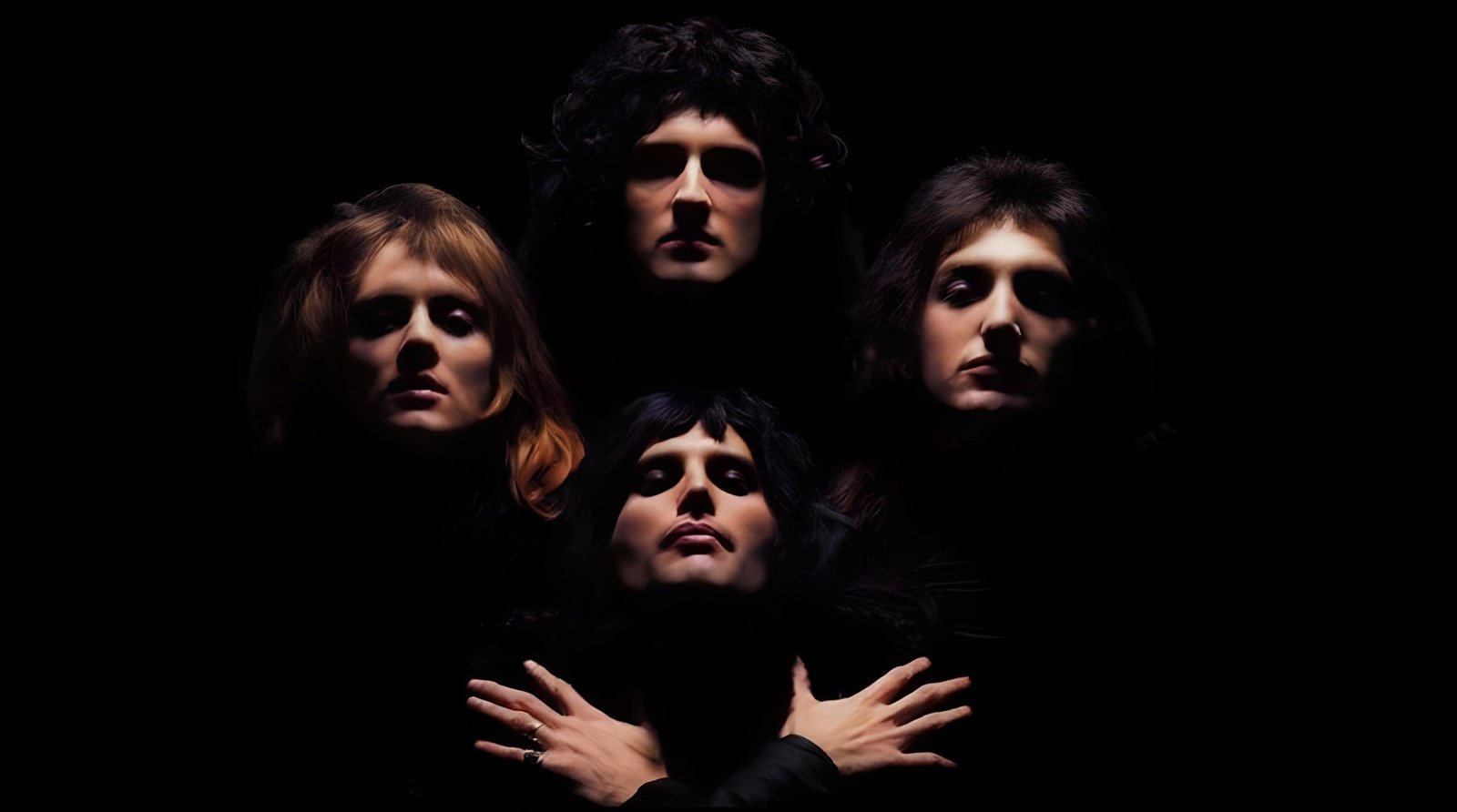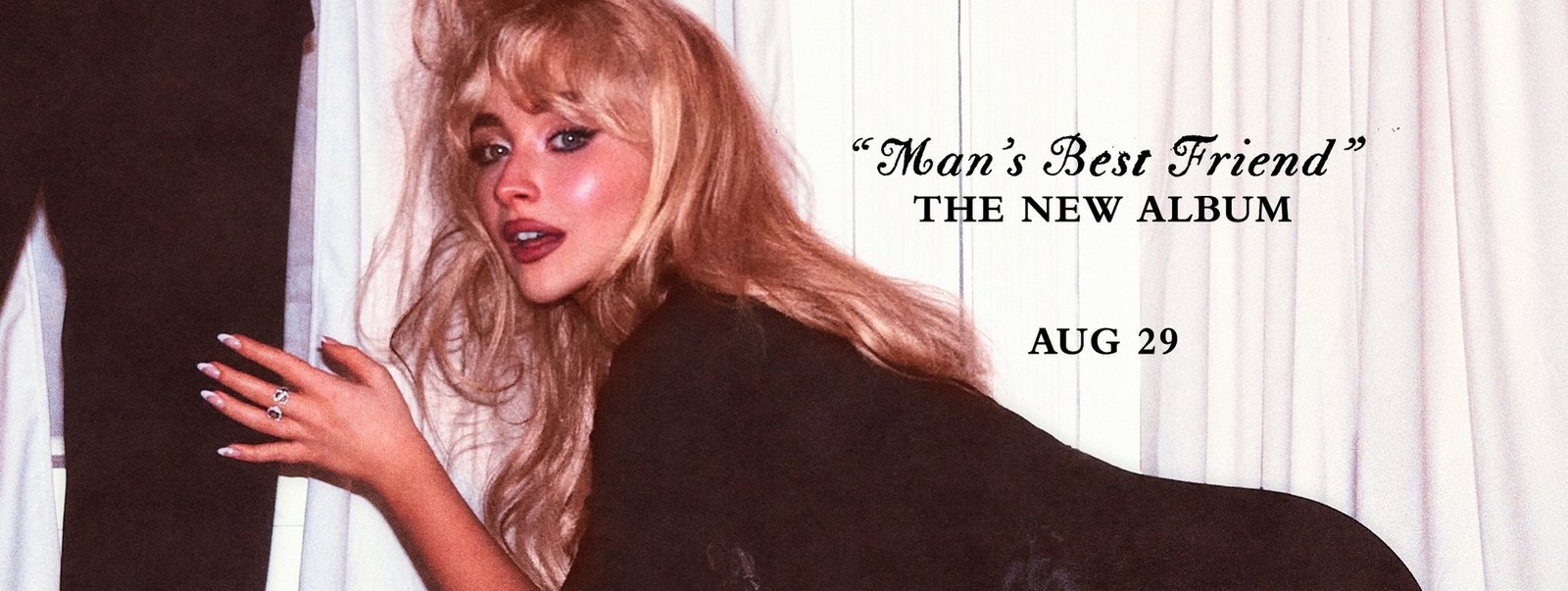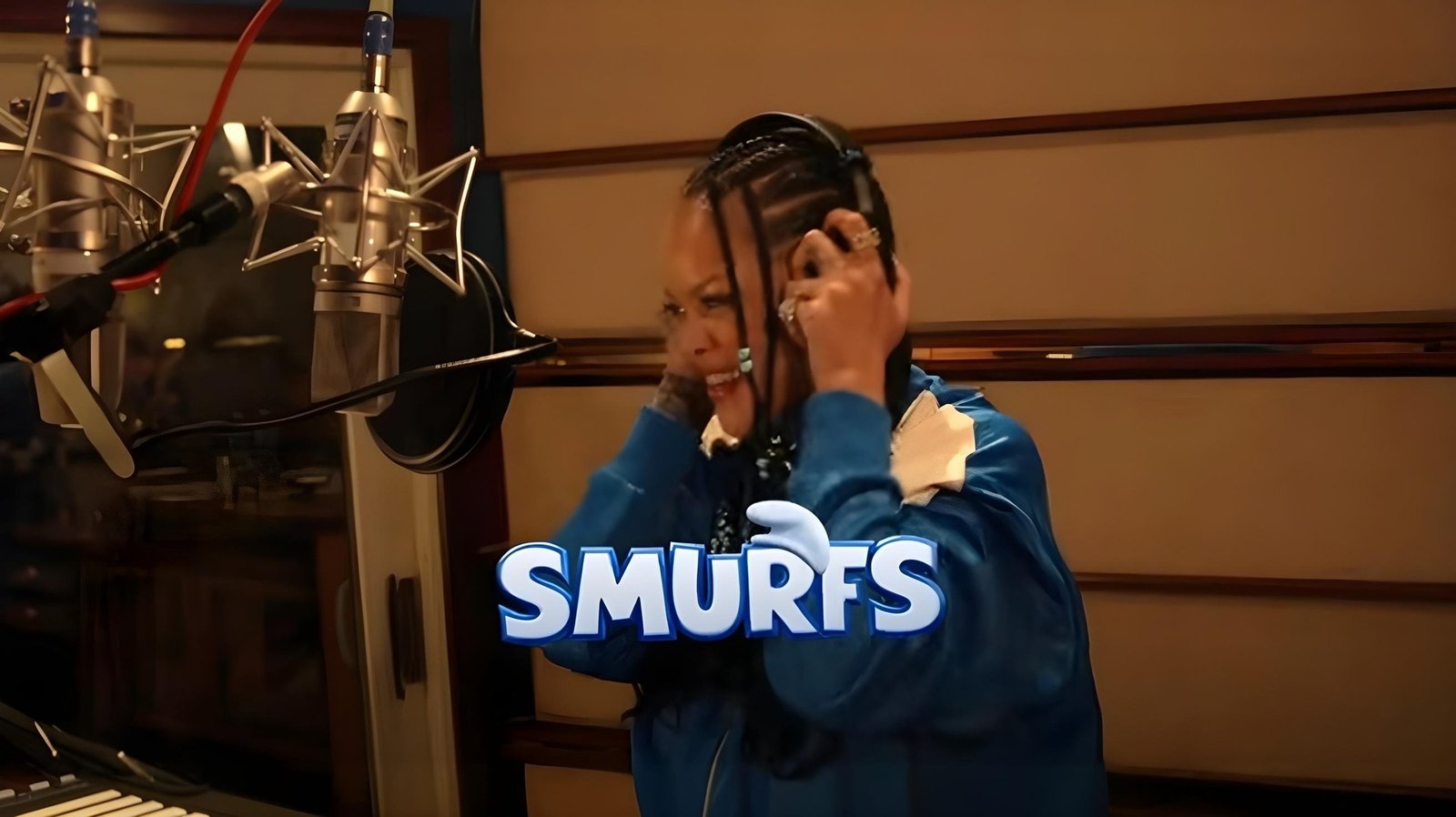A Metal Icon’s Grand Finale
On July 5, 2025, Ozzy Osbourne, the legendary “Prince of Darkness,” took his final bow at Villa Park in Birmingham, UK, closing a career that shaped heavy metal. The “Back to the Beginning” concert reunited Black Sabbath’s original lineup—Ozzy Osbourne (vocals), Tony Iommi (guitar), Geezer Butler (bass), and Bill Ward (drums)—for their first full performance since 2005. Joined by metal titans like Metallica, Guns N’ Roses, and Aerosmith’s Steven Tyler, the 10-hour event drew 42,000 fans and 5.8 million livestream viewers. The concert blended music and meaning, with proceeds split evenly among Cure Parkinson’s, Birmingham Children’s Hospital, and Acorns Children’s Hospice. Critics dubbed it “metal’s Live Aid.”
The Black Sabbath Reunion: A Birmingham Homecoming
Formed in Birmingham in 1968, Black Sabbath pioneered heavy metal with albums like Paranoid. After Ozzy’s 1979 departure, the original lineup reunited for events like Live Aid (1985) and Ozzfest (1997), with their last full show in September 2005 in West Palm Beach. The “Back to the Beginning” concert marked their first complete set in 20 years, a moment Ozzy called his chance to “give back to Birmingham.”
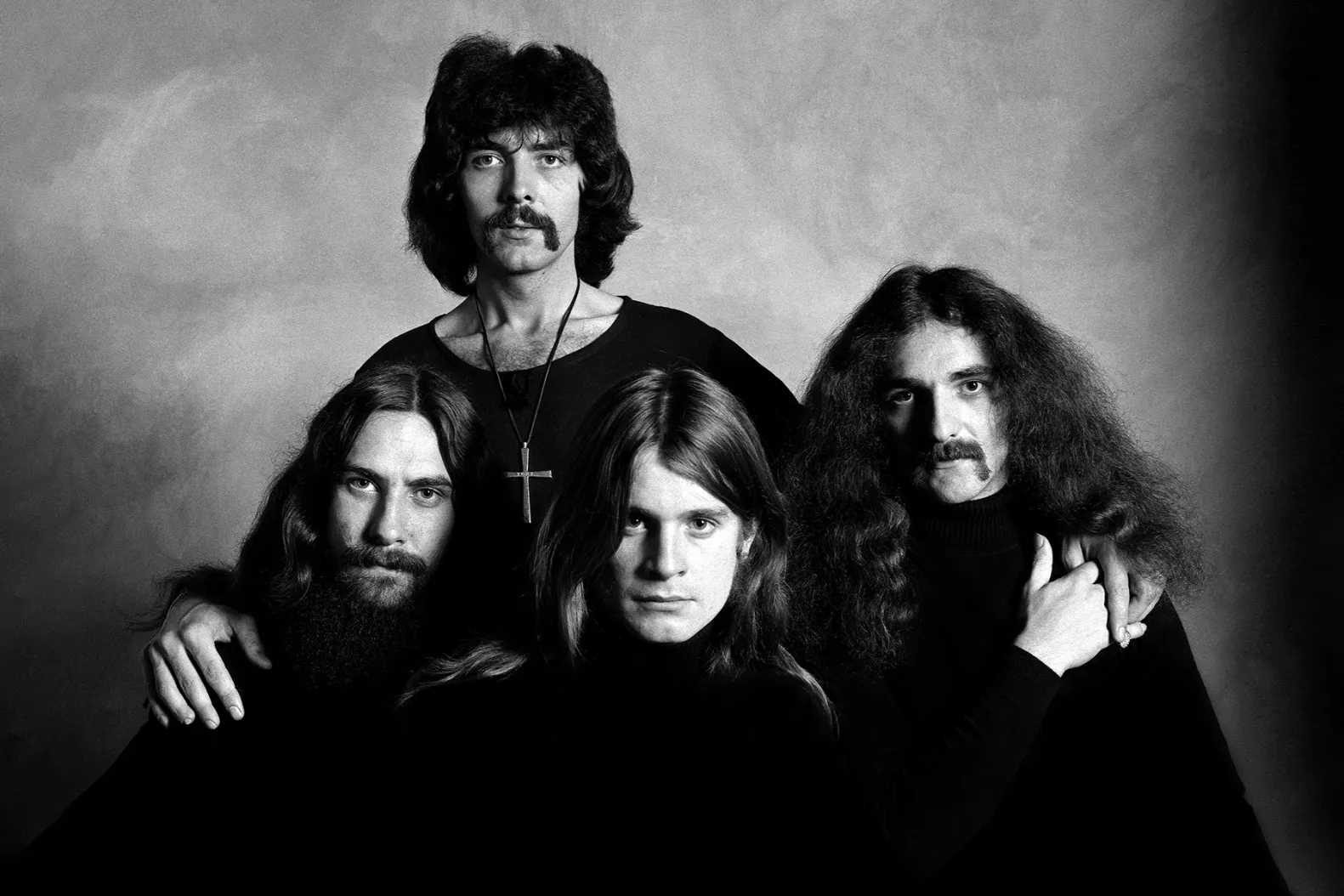
Critics hailed the reunion as a masterclass in primal power, with Bill Ward’s thunderous “swing” anchoring the chaos and Tony Iommi unleashing his signature “monstrous riffs” like a man possessed. The setlist leaned heavily on Sabbath’s foundational albums, delivering seismic renditions of War Pigs, N.I.B., Iron Man, and Paranoid. Geezer Butler’s bass—custom-painted in Aston Villa’s claret and blue—offered a proud nod to Birmingham roots, grounding the homecoming in both sonic and civic pride.
Why This Reunion Mattered
- Rare Reunion: The first full Black Sabbath show since 2005.
- Hometown Heart: Held at Villa Park, it honored the band’s Birmingham roots.
- Critical Acclaim: Critics called Ozzy’s Paranoid “riotous.”
Ozzy’s Resilience: Defying the Odds
Despite advanced Parkinson’s disease and spinal injuries from a 2019 fall, which forced him to stop touring in 2023, Ozzy delivered a powerful performance seated on a distinctive bat-and-skull throne. His vocals remained strong and moving. “This is for my fans,” he said. His solo set, supported by Zakk Wylde (guitar), Mike Inez (bass), Adam Wakeman (keyboards), and Tommy Clufetos (drums), featured classics like Crazy Train and Mama, I’m Coming Home—the latter bringing many fans to tears. Sharon Osbourne remarked, “He’s thrilled to be back.”
Key Takeaways
- Vocal Power: Ozzy’s voice shone despite his mobility challenges.
- Emotional Impact: Mama, I’m Coming Home was a deeply emotional highlight.
A Concert with Purpose: Supporting Charities
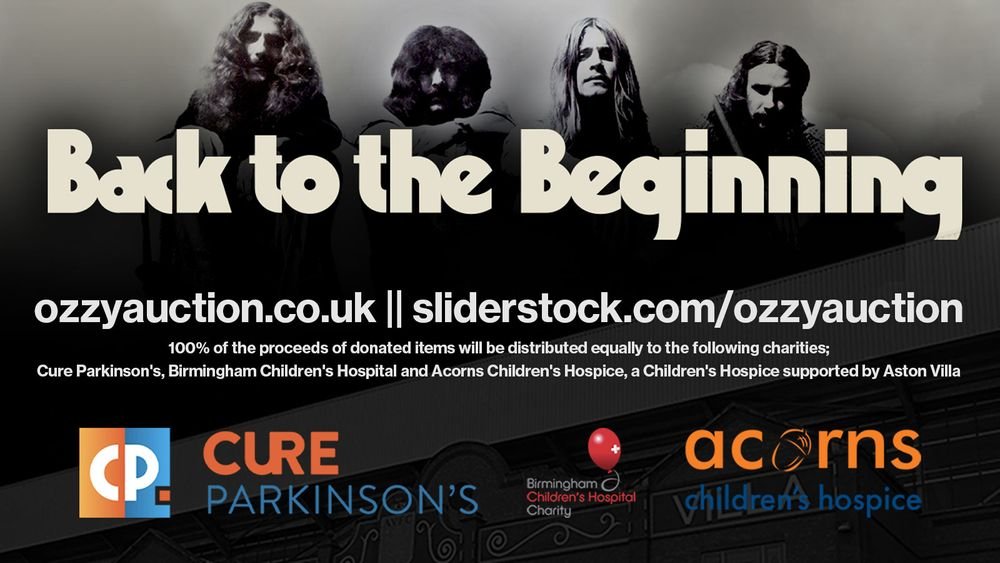
Proceeds were equally distributed among Cure Parkinson’s, Birmingham Children’s Hospital, and Acorns Children’s Hospice, with additional funds from an auction of signed guitars and a Guns N’ Roses pinball machine. Sharon Osbourne said, “This is Ozzy’s thank you to his fans and city.” Critics praised the event’s “joyful impact.”
| Charity | Mission | Connection to Ozzy |
|---|---|---|
| Cure Parkinson’s | Funds research to slow Parkinson’s progression | Tied to Ozzy’s health journey |
| Birmingham Children’s Hospital | Provides specialized pediatric care | Honors Ozzy’s Birmingham roots |
| Acorns Children’s Hospice | Supports children with life-limiting conditions | Supports Ozzy’s hometown community |
A Heavy Metal Celebration: The Lineup and Critics’ Take
Hosted by Jason Momoa and curated by the ever-fiery Tom Morello, Back to the Beginning was a monumental tribute to Black Sabbath’s legacy — a full-spectrum celebration of metal’s past, present, and future. The lineup was stacked, a genre-spanning force of nature featuring legends, trailblazers, and modern torchbearers alike. From sludgy prog to thrash, groove, and grunge-metal hybrids, the stage was set for a night that roared with history and innovation.
Each act brought their own reverence and fire. Mastodon and Rival Sons opened with gritty, soul-stirring intensity, setting the tone. Anthrax delivered a thrash-laced blitz, while Halestorm’s electrifying anthems riled the crowd into a frenzy. Lamb of God surprised with melodic flourishes amidst their crushing grooves, and Alice in Chains delivered a slow-burning, emotionally charged set that split opinions but resonated with depth.
As darkness fell, the atmosphere intensified. Gojira’s tectonic heaviness, Pantera’s feral energy, and Tool’s cerebral, immersive set brought the crowd deeper into the abyss. The energy peaked with epic sets by Guns N’ Roses and Metallica — the latter offering a moving homage with James Hetfield’s powerful declaration: “No Sabbath, no Metallica.” Slayer thundered through their climactic set with unrelenting force, offering what felt like a definitive final bow.
Two all-star supergroups injected the night with pure rock spectacle. One featured Yungblud and Jake E. Lee in a chaotic, rebellious clash of eras. The other — a jaw-dropping collective of Steven Tyler, Billy Corgan, Sammy Hagar, Ronnie Wood, Tom Morello, Nuno Bettencourt, Andrew Watt, Rudy Sarzo, and Chad Smith — delivered a genre-blurring grand finale. Their explosive rendition of Led Zeppelin’s “Whole Lotta Love,” fronted by Tyler’s iconic vocals, was a fitting climax.
More than a concert, it was a living tribute — one that honored Sabbath’s influence not through imitation, but through the vibrant diversity they helped unleash.
Watch highlights from Back to the Beginning here — featuring unforgettable sets from Ozzy Osbourne, Black Sabbath, Metallica, Guns N’ Roses, Tool, Slayer, and more.
Critical Reception and Mixed Reactions
- Critics have lauded the concert as a monumental event in heavy metal history. The Guardian described it as an “epic and emotional farewell,” noting the powerful reunion of Black Sabbath’s original lineup and the emotional performances throughout the night. The Times echoed this sentiment, calling it a “moving reunion” and praising Ozzy Osbourne’s performance despite his health challenges.
- The concert’s atmosphere was described as a “carnival” by Rolling Stone, capturing the festive and celebratory mood of the event. The Independent highlighted the “joyful unity” of fans, emphasizing the communal spirit that permeated the stadium.
- Ozzy Osbourne’s performance was particularly noted for his resilience and emotional delivery. Despite his health issues, he delivered powerful renditions of songs like “Mama, I’m Coming Home” and “Crazy Train,” leaving a lasting impact on the audience.
- While the concert was widely praised, some mixed reactions were noted. David Draiman’s appearance received boos from the crowd, attributed to his political views and actions leading up to the event. Additionally, the decision to include a video tribute by Marilyn Manson was met with criticism due to recent controversies surrounding the artist.
Ozzy’s Enduring Legacy
Ozzy’s 50-year career includes over 100 million records sold, two Rock and Roll Hall of Fame inductions, and cultural impact via The Osbournes. His influence spans from Metallica to Steven Tyler, who called him “a true rock god.” Birmingham’s “Ozzy Osbourne: Working Class Hero” exhibition celebrates his legacy.
But beyond the accolades and statistics lies a deeper legacy — one forged in defiance, reinvention, and raw authenticity. Ozzy didn’t just shape heavy metal; he helped define its attitude. From his early days howling in smoky clubs to commanding global stages, he transformed vulnerability into power, madness into magnetism. His onstage persona — unpredictable, theatrical, yet oddly tender — became a blueprint for generations of performers who embraced the extremes of emotion and spectacle.
Ozzy also challenged genre boundaries. While rooted in metal, his collaborations spanned from Lita Ford to Post Malone, showing an uncanny ability to evolve while remaining unmistakably himself. His gothic aesthetic and dark humor became cultural shorthand — echoed in fashion, memes, and even horror films — making him a living symbol of rebellion with heart.
Younger artists consistently cite him as a foundational influence, not just for his music but for his survival. His openness about addiction, illness, and mental health turned him into an unlikely source of resilience. “If Ozzy can make it through everything he’s faced, maybe I can too,” one fan posted on X during the farewell concert.
Key Milestones
- Black Sabbath (1968–1979): Paranoid defined heavy metal.
- Solo Career (1980–present): Blizzard of Ozz cemented his solo status.
- Cultural Impact: The Osbournes made him a pop culture icon.
A Farewell That Resonates
“Back to the Beginning” was a fitting finale for Ozzy Osbourne, blending music, emotion, and purpose. The Black Sabbath reunion, standout performances by Metallica and Steven Tyler, and the event’s charitable impact left a lasting mark. Despite minor critiques—like Alice in Chains’ uneven set—the night was, as The Hollywood Reporter put it, “filled with love.” Fans can relive the livestream until July 7, 2025, at Ozzy’s official site or support the charities at Cure Parkinson’s. A legendary chapter may be closing, but the legacy of the Prince of Darkness roars on—louder than ever.
